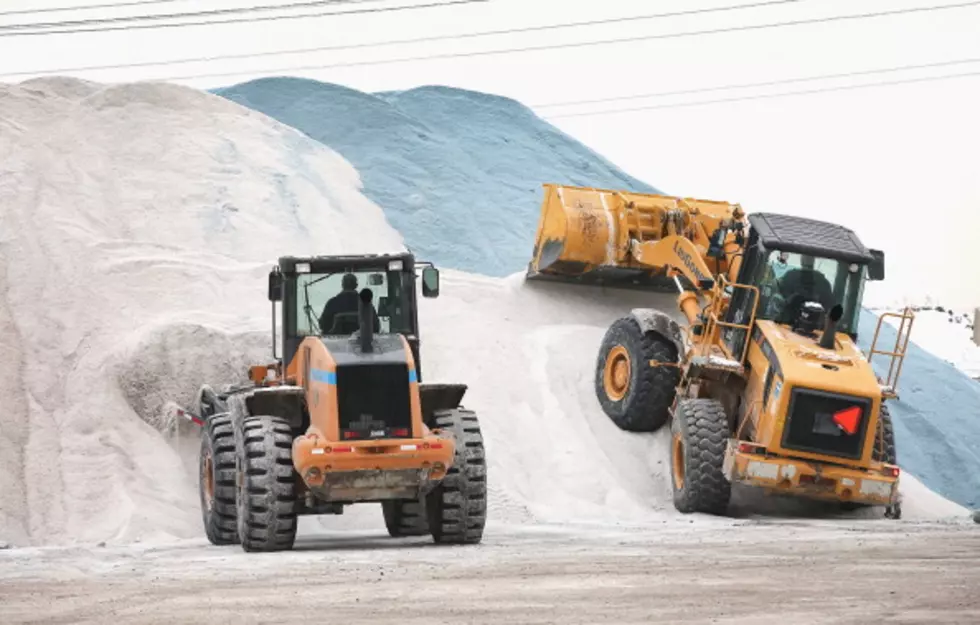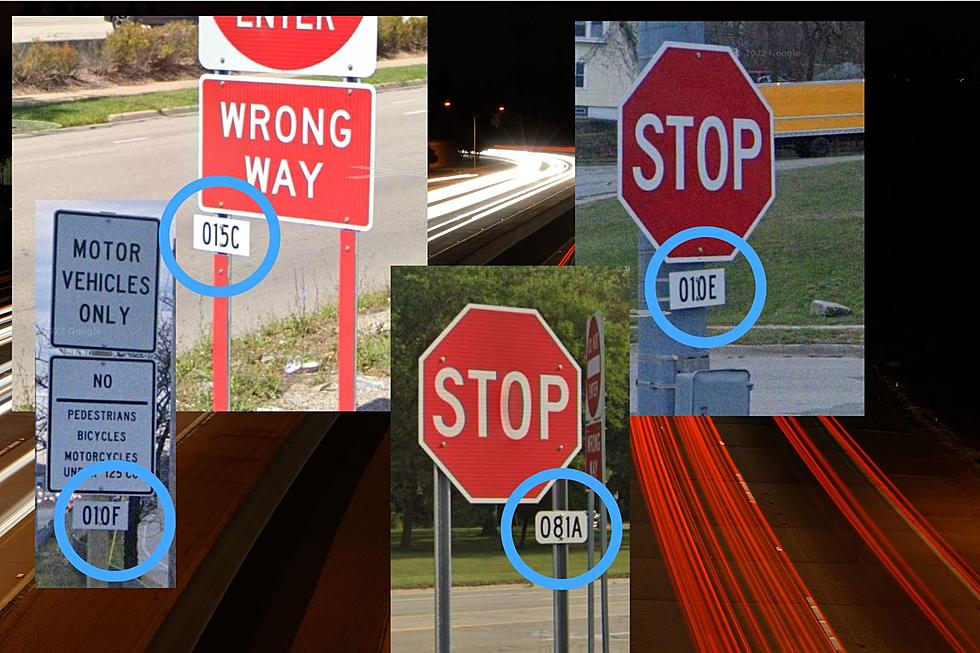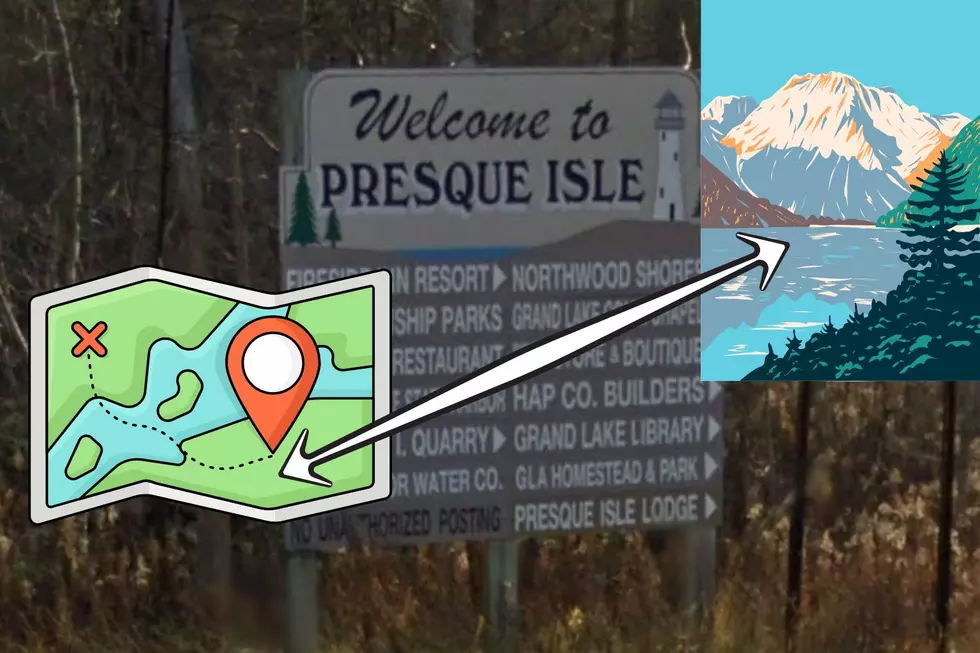
Salt Prices Up Nearly 50% as Winter Nears
There are many opinions on what lies ahead this winter for West Michigan, but we do know that road salt will cost a lot more for Michigan road agencies battling the snow and ice.
Last winter, the Michigan Department of Transportation (MDOT) and other road agencies buying salt through the MiDEAL purchasing program paid an average price of $44.99 per ton. This year, the average price is $65.81 per ton, an increase of more than 46 percent.
During the winter of 2013-14, MDOT and its contract agencies used 653,500 tons of salt on Michigan state highways at a total cost of more than $32.4 million. Since 2007, salt use on state highways has ranged from a low of 343,200 tons in 2012 to a high of 759,248 tons in 2008.
"It's impossible to predict how much salt we'll need to use for our highways this winter, but the higher prices make it more likely that salt will eat up a larger portion of our budget," said State Transportation Director Kirk T. Steudle. "If we use the same amount as last year, the total bill for salt could top $40 million."
Last year's state highway winter maintenance budget was set at $88 million, and total costs exceeded $136 million. This coming winter's maintenance budget, which is based on a five-year average, is $95 million.
"MDOT's fiscal year starts Oct. 1, so winter maintenance is one of our first expenditures each year, and since it is directed at safety, it's a top priority," Steudle said. "However, if we exceed our winter budget keeping roads safe, we have to scale back on non-winter maintenance items to stay within our overall budget."
Despite the rising price of salt, MDOT anticipates it will be able to purchase all the salt that is needed for the coming winter. Though salt is not appropriate for all winter conditions, MDOT and contract agencies won't cut back on salt use on state highways due to cost alone.
Rising salt prices and decreased funding over the past decade prompted MDOT to implement "sensible salting" procedures. These include setting application guidelines for winter conditions, using weather stations to better target areas that will benefit most from salt, pre-wetting the salt so it sticks to the road and starts working faster, and slowing plow trucks to 25 mph when applying salt to prevent it from bouncing and scattering off the roadway.
More From 100.5 FM The River









